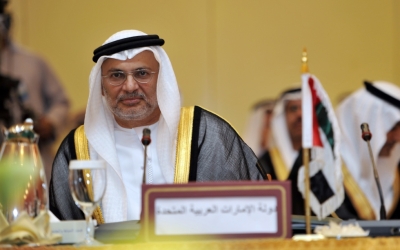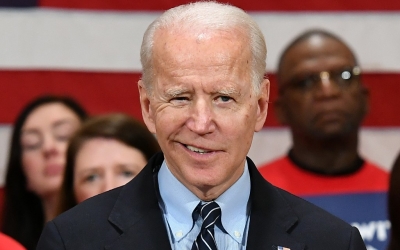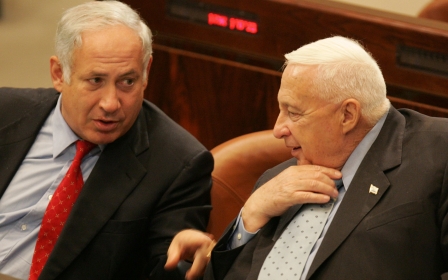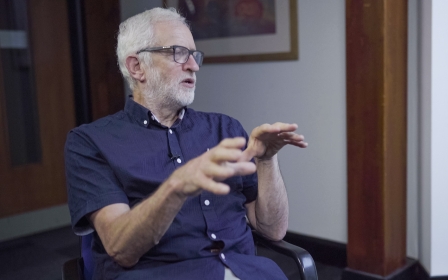Kushner tells Netanyahu to 'greatly slow' annexation process
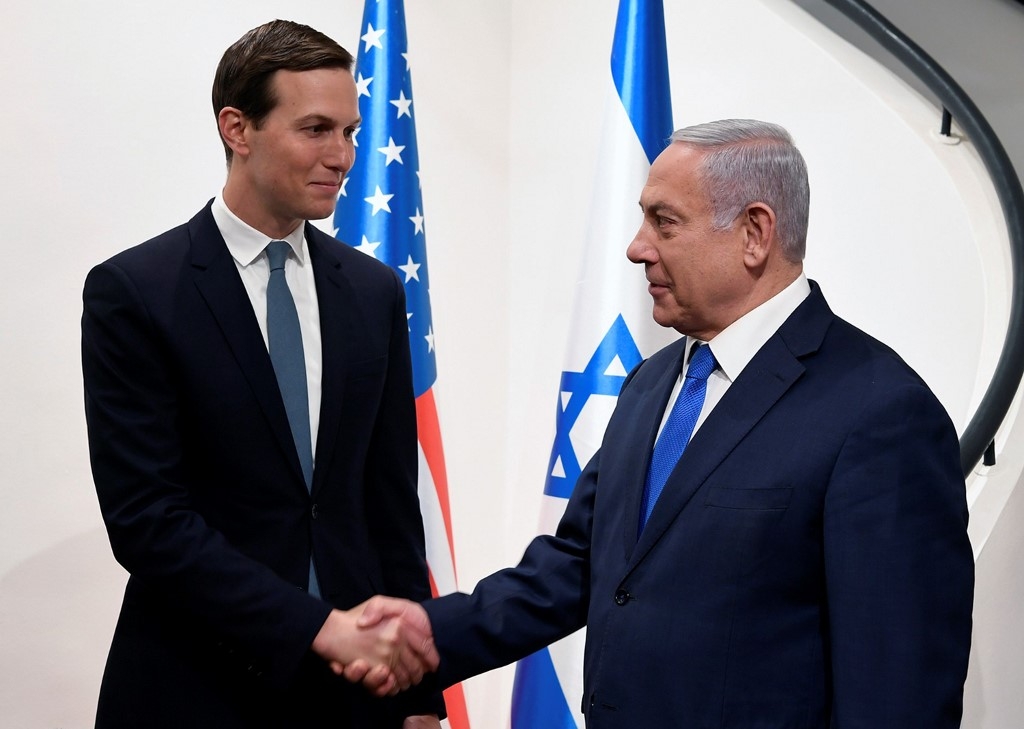
The Trump administration has reportedly asked Israeli Prime Minister Benjamin Netanyahu to "greatly slow the process" of initiating Israeli annexation of large swaths of the occupied West Bank as Washington struggles to contain the coronavirus outbreak while facing nationwide protests over the killing of a Black man by police.
Israel's Channel 13 news reported that Jared Kushner, son-in-law of US President Donald Trump, made the request during a conference call with Netanyahu and other senior US and Israeli officials on Monday.
Quoting a senior Israeli source, Channel 13 said that Kushner urged Netanyahu to "downplay enthusiasm" for annexation, which has been one of his main election campaign talking points in recent months.
When US officials questioned Netanyahu during the call over Israel's plans to begin annexation, they received no answer, local media reported.
Kushner, who had no prior experience in government policy or international affairs before the Trump presidency, has played a key role in drafting the White House's Middle East plan for the Israeli-Palestinian conflict, released in January, which underpins de facto annexation.
The Palestinian leadership has boycotted the so-called "deal of the century", pronouncing it dead on arrival.
In recent weeks, Netanyahu has repeatedly stated that he plans to move ahead with the annexation of more than 30 percent of the occupied West Bank as soon as July, despite widespread international condemnation.
Israel's planned annexation of the Jordan Valley: Why it matters
+ Show - HideThe annexation of the Jordan Valley could effectively kill whatever hopes remain for a two-state solution to the Israel-Palestine conflict as it would render completely impossible the establishment of a viable, contiguous Palestinian state.
In April, Prime Minister Benjamin Netanyahu reached an agreement with his rival Benny Gantz to form a unity government that seek to impose Israeli sovereignty over the Jordan Valley. Legislature could be discussed from 1 July.
The Jordan Valley accounts for around one-third of the occupied West Bank (almost 2,400 square kilometres), where 30 Israeli agricultural settlements house around 11,000 settlers.
Some 56,000 Palestinians also reside in the Jordan Valley, including in the city of Jericho, where their daily lives are deeply impacted by Israeli occupation policies.
The area is rich in minerals and agricultural soil and is a highly strategic area, as it lies along the Jordanian border.
Jordan, the Palestinian Authority in Ramallah, and senior officials in the European Union openly oppose the annexation plan, while the administration of US President Donald Trump has encouraged such moves.
"We have a target date in July to apply sovereignty and we will not change it," Netanyahu told lawmakers last week.
A day prior to the conference call, Israel's Defence Minister Benny Gantz, who is set to become prime minister next year, ordered the army to "step up preparations" for the government's annexation plan.
While Gantz reportedly opposes unilateral annexation, Netanyahu will remain in power for the next 18 months under the Israeli unity government agreement and can begin moving towards annexation on 1 July.
'Enormous conflict'
Speaking on an online panel on Wednesday, Palestinian-American historian Rashid Khalidi said annexation would be an "enormous nail in the coffin of the two-state solution", prompting Europe and the US to finally acknowledge that such a resolution is no longer possible.
"As Israel pounds nails into the coffin of the two-state solution, which it has been doing since 1967, systematically destroying any possibility of a two-state solution, the question will be, when will the fact that the emperor has no clothes finally be impossible to conceal?" he said during a webinar hosted by the Arab Center Washington DC.
Khalidi warned that the end of the two-state initiative may give way to the reality of "one Zionist, racist, discriminatory state, between the river and the sea".
"It's an outcome that is going to cause enormous conflict in the future, and I think many people realize that."
UAE's Minister of State for Foreign Affairs Anwar Gargash warned on Monday that any unilateral move by Israel to annex parts of the occupied West Bank would be a serious setback for any resolution of the Israeli-Palestinian conflict.
"Continued Israeli talk of annexing Palestinian lands must stop," Gargash said in a post to Twitter.
"Any unilateral Israeli move will be a serious setback for the peace process, undermine Palestinian self-determination and constitute a rejection of the international and Arab consensus towards stability and peace," he wrote.
Israel and the UAE do not have formal diplomatic relations, despite their de facto alliance with the United States against Iran.
Last month, presumptive Democratic nominee Joe Biden warned against Israel's annexation plans.
"Israel needs to stop the threats of annexation and stop settlement activity because it will choke off any hope of peace," he said.
Middle East Eye propose une couverture et une analyse indépendantes et incomparables du Moyen-Orient, de l’Afrique du Nord et d’autres régions du monde. Pour en savoir plus sur la reprise de ce contenu et les frais qui s’appliquent, veuillez remplir ce formulaire [en anglais]. Pour en savoir plus sur MEE, cliquez ici [en anglais].


